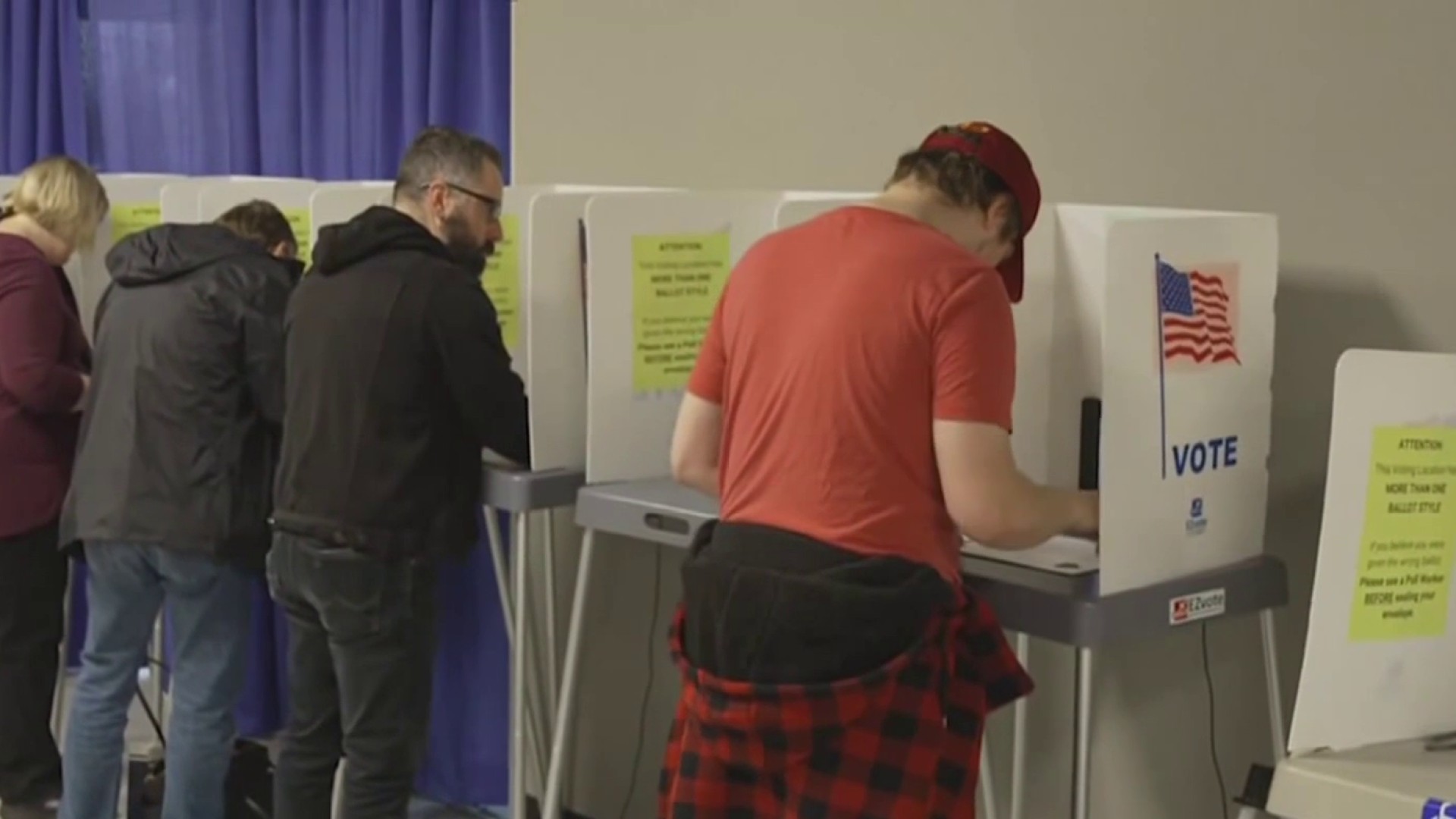Christiansburg resident Rachel Sutphin mourns the loss of two men's lives every day: her father, Cpl. Eric Sutphin and his killer, William Morva. Morva murdered Sutphin, who worked for the Montgomery County Sheriff's Office, in Blacksburg on Aug. 6, 2006.
On Thursday, Sutphin joined other families at a press conference to ask the General Assembly to abolish the death penalty.
"With the abolition of the penalty, families like mine will no longer suffer through the long process of mandatory death sentence appeals," Sutphin said, which could drag on for years. "Instead, a sentence of life in prison without parole offers a resolution and finality to murder victim family members more quickly than the death penalty."
The Virginians for Alternatives for the Death Penalty, an organization advocating to end capital punishment said that so far, 13 people have signed a letter for the General Assembly to consider passing legislation to abolish the death penalty.
Advocates hope that an upcoming Democratic majority legislature could help Virginia become the 22nd state to abolish the death penalty.
"The death penalty is said to be reserved for 'particularly heinous murders.' We have difficulty understanding this position," the VADP stated. "From experience, we can tell you that, to victims' families, every murder is heinous."
According to Michael Stone, executive director of VADP, nearly two-thirds of the state's 133 counties have not had an execution in over 50 years. Stone said that in the last eight years, no one has been sentenced to death in the state, though there have been executions.
Virginia is one of 29 states where the death penalty is legal, although four states — Oregon, California, Pennsylvania and Colorado — have a governor-ordered moratorium, according to the Death Penalty Information Center, a nonprofit organization that educates the public on capital punishment. According to the American Civil Liberties Union, Virginia ranks second to Texas in executions since 1976. Morva was the last person to be executed, in July 2017, after former Gov. Terry McAuliffe declined to approve his petition for clemency. Two people are still on death row, but Stone said the Virginia Fourth Circuit Court of Appeals remanded their cases to the lower courts to consider whether errors in each trial could result in their cases being overturned.
Along with the 13 family members, many others across the state have rallied behind the idea of abolishing the death penalty. Organizations like the Virginia Catholic Conference, a public policy agency representing Virginia's Catholic bishops and their Richmond and Arlington dioceses, have spoken in favor of ending the punishment, along with the ACLU. Before Morva's execution, 22 members of the General Assembly, in addition to Rachel Sutphin, wrote McAuliffe in support of Morva's clemency.
Local
Washington, D.C., Maryland and Virginia local news, events and information
Stone said abolishing the death penalty is a nonpartisan issue, but ending it won't happen until legislators also see it that way.
"We've been working really hard for the past four years in building support across the political spectrum for abolition," Stone said. "We felt by 2020, we would have the most support to have a serious favor in the legislature."
Sutphin said memories of her father and his killer stay with her to this day, and she still fights to end the "ineffective, outdated punishment."
"Mr. Morva's execution brought no solace to me, but, instead, it strengthened my resolve that the death penalty needs to be abolished."



